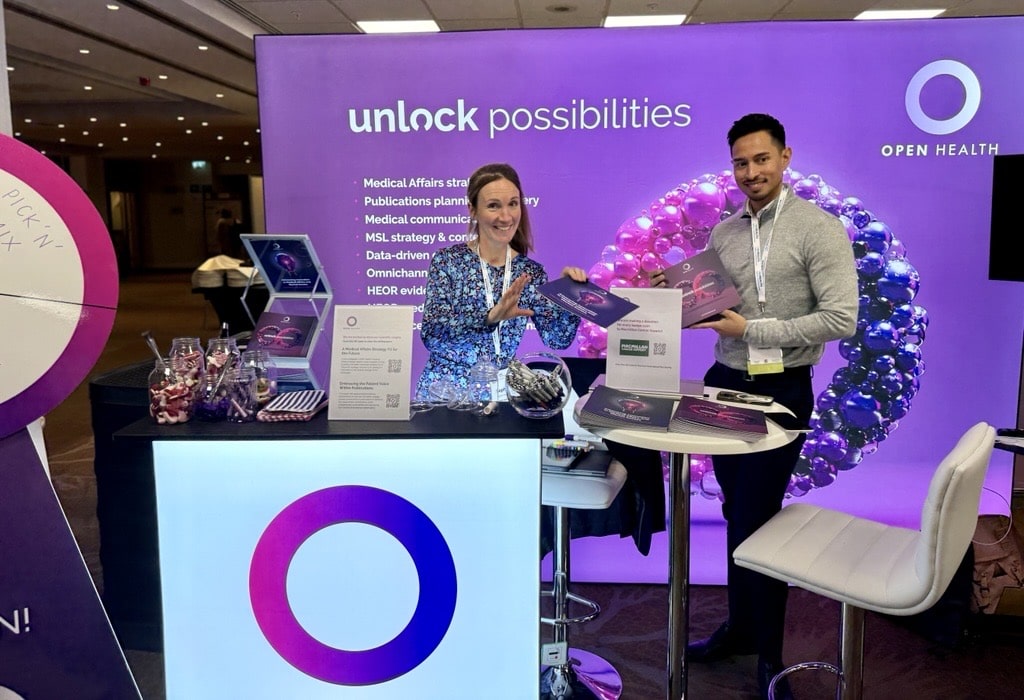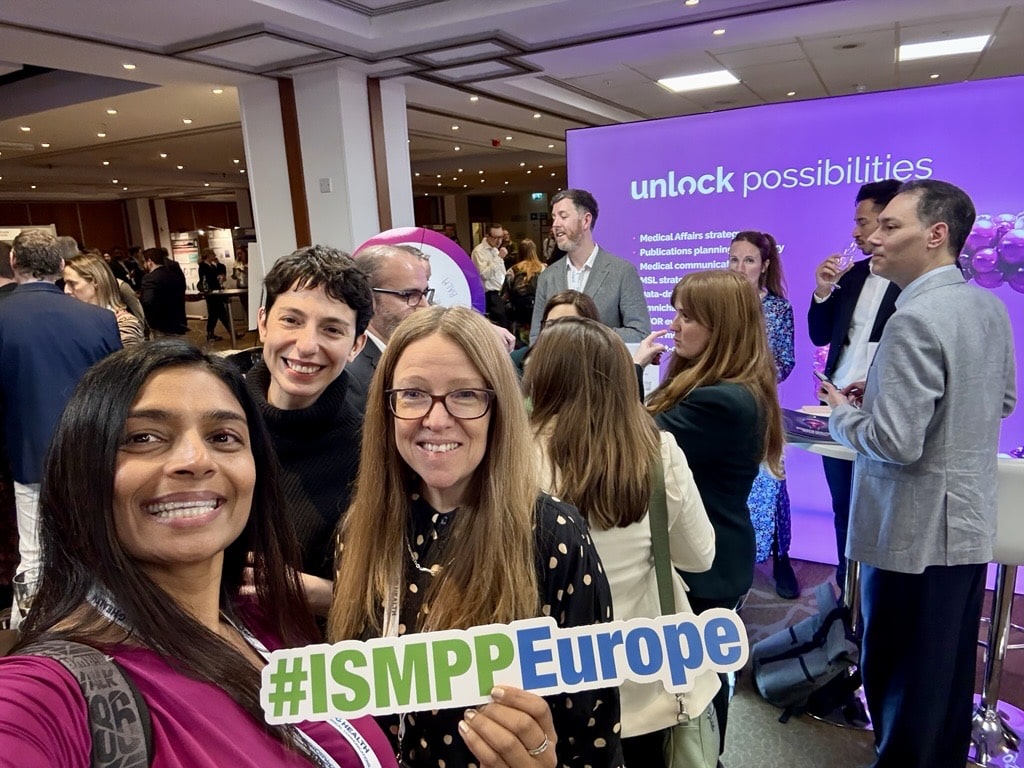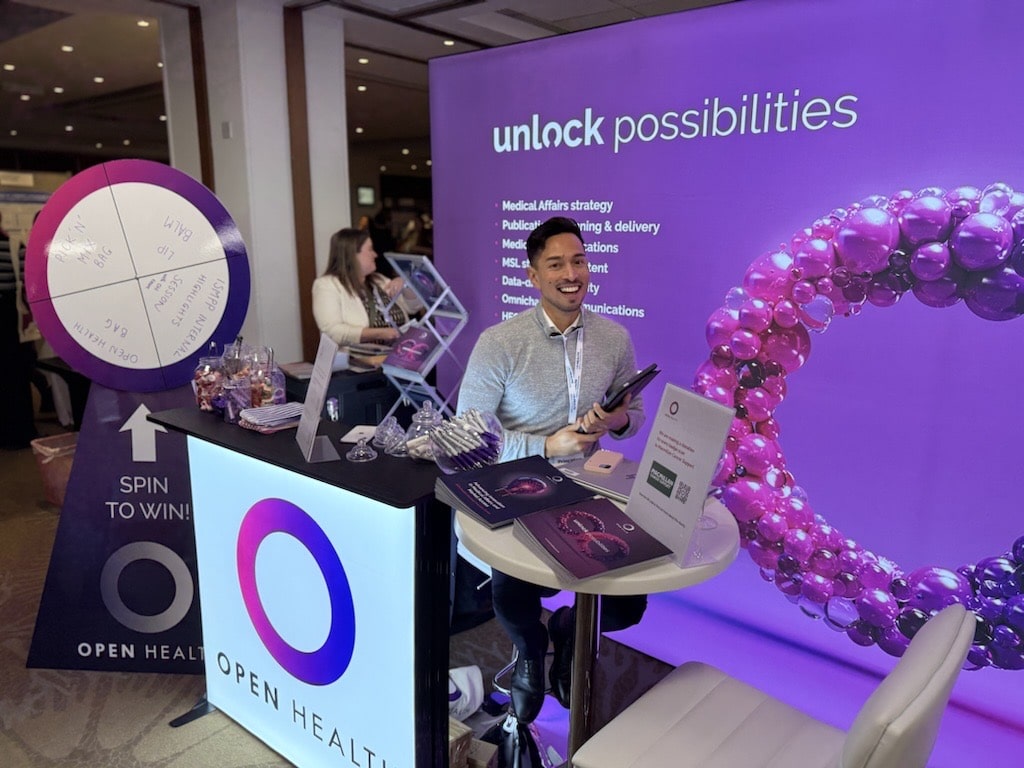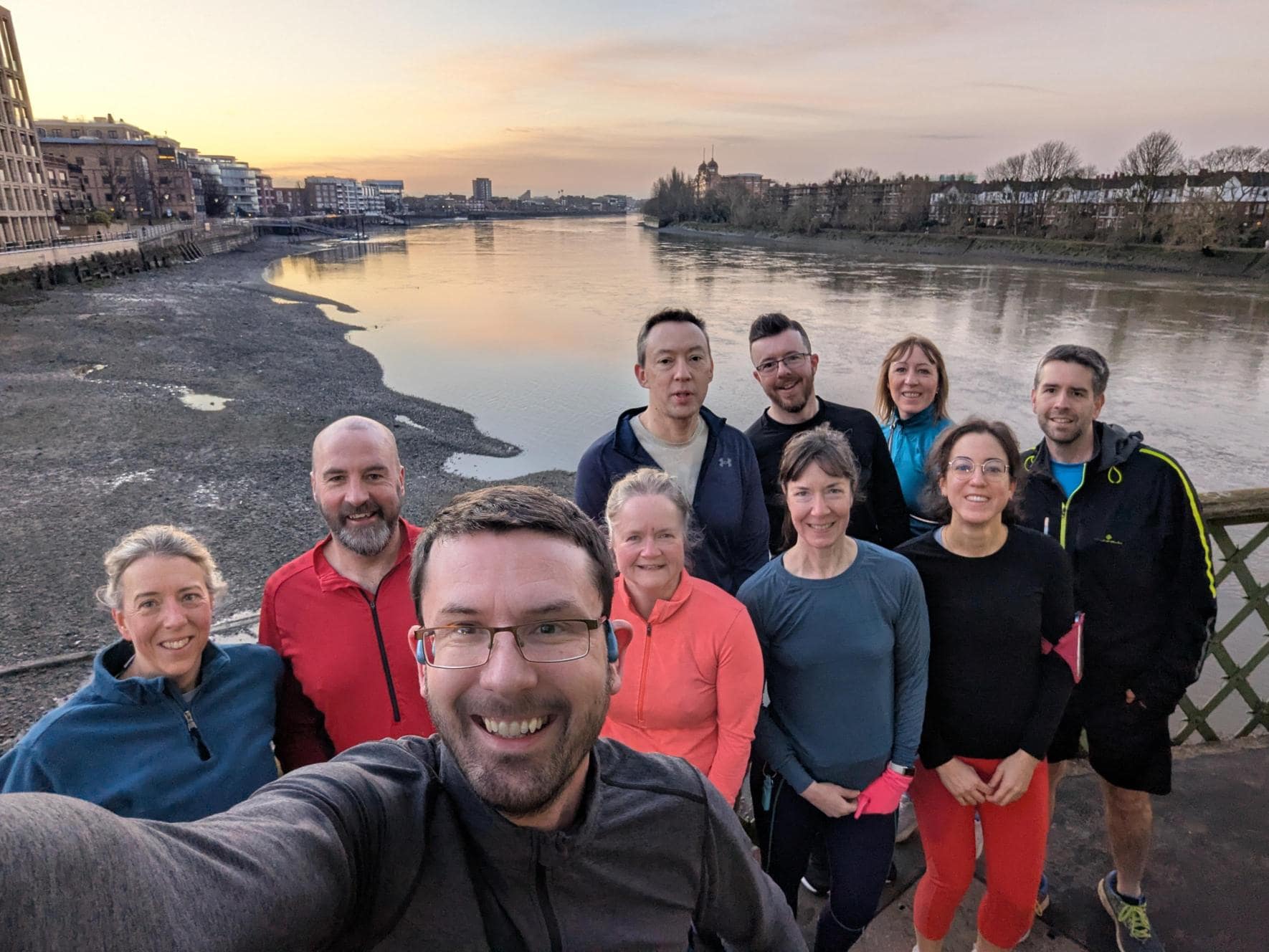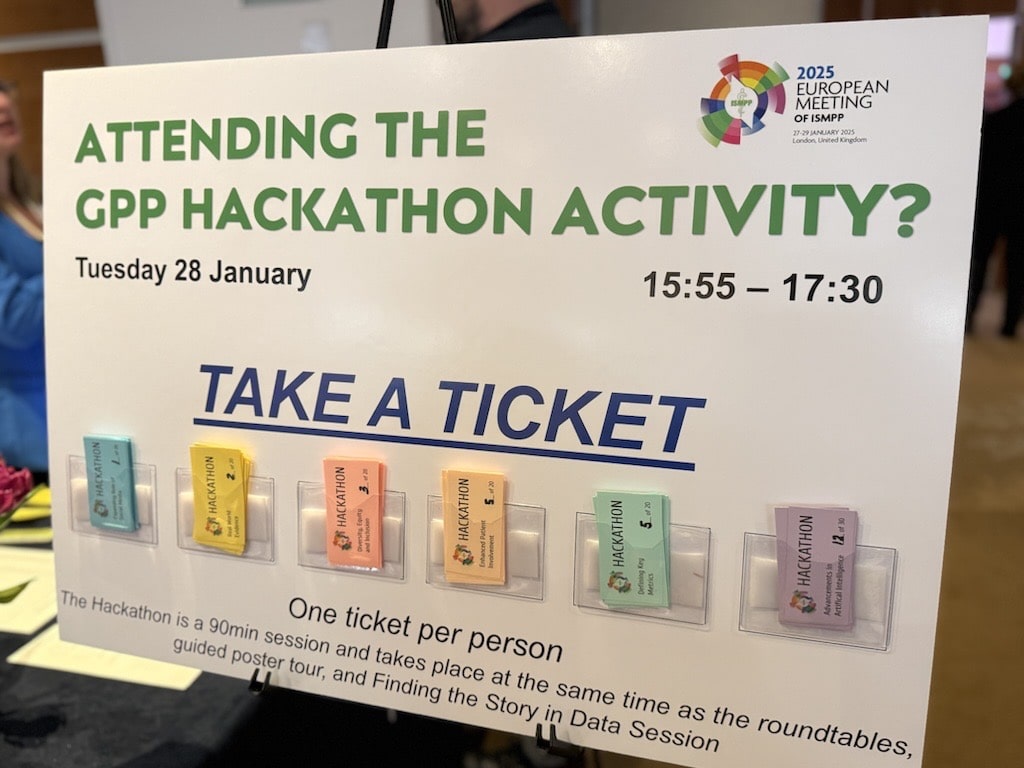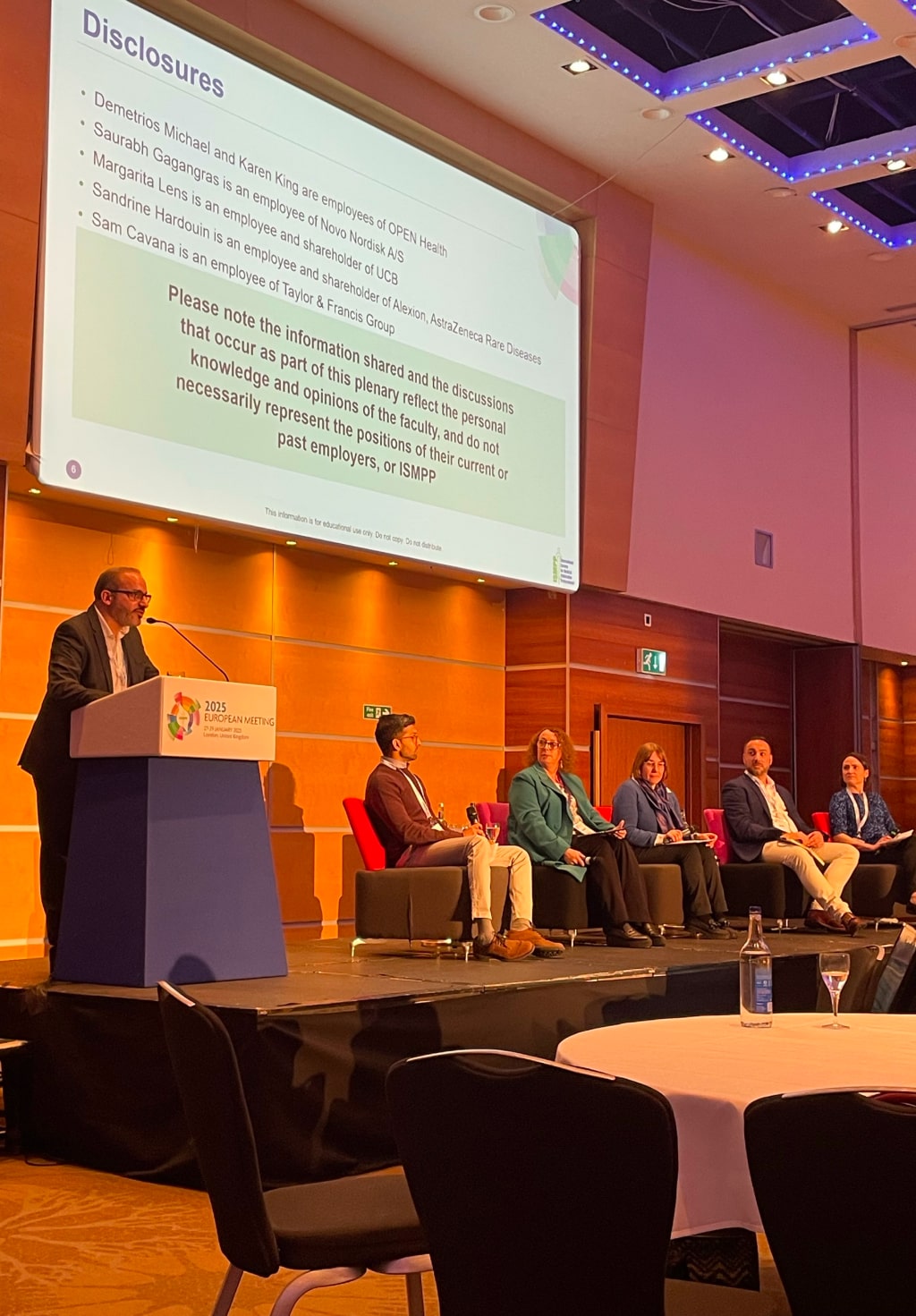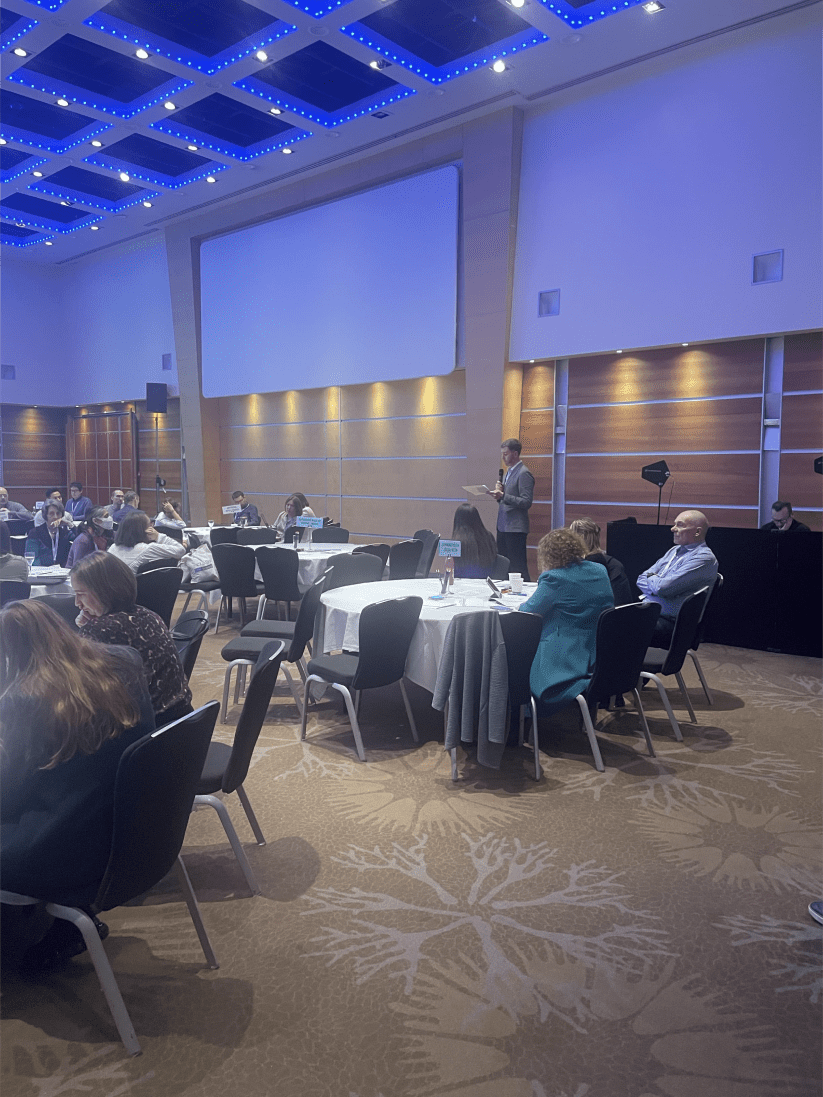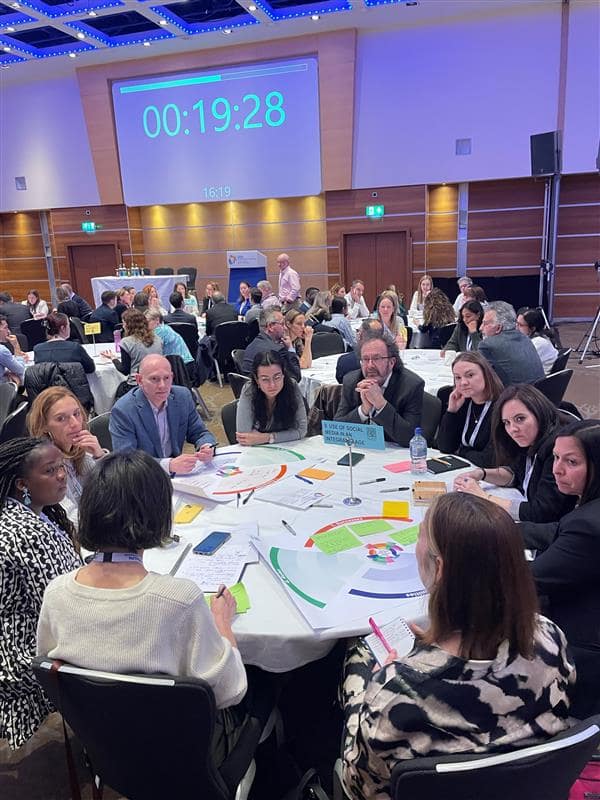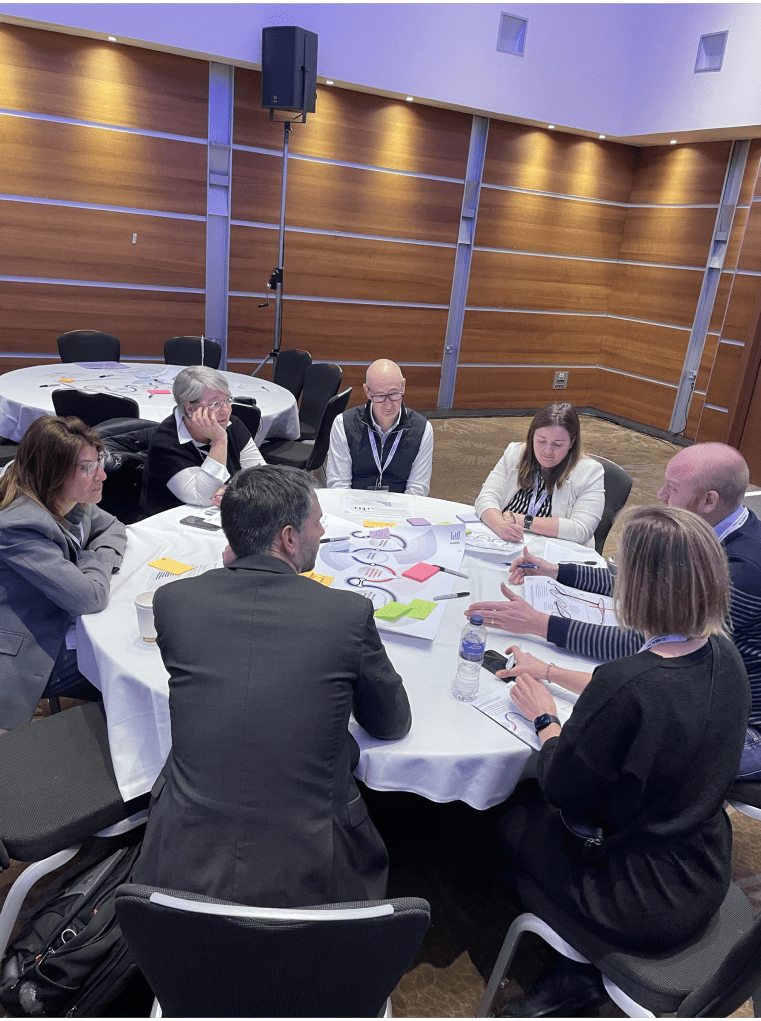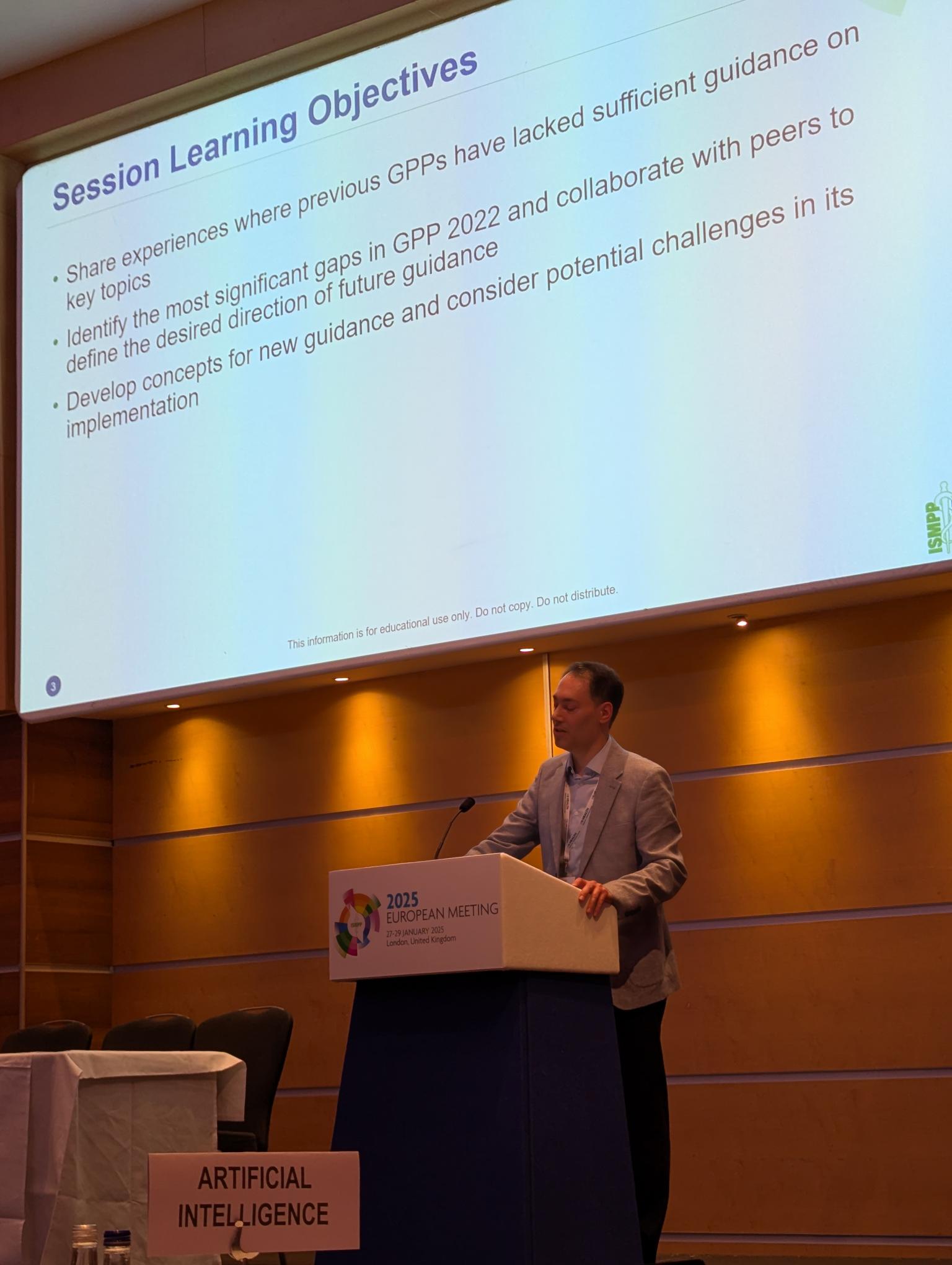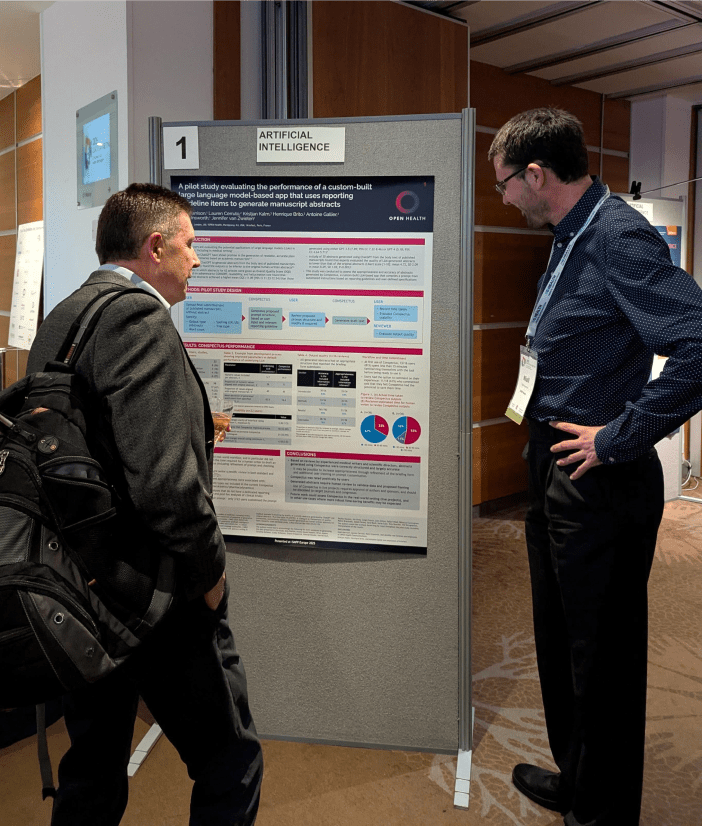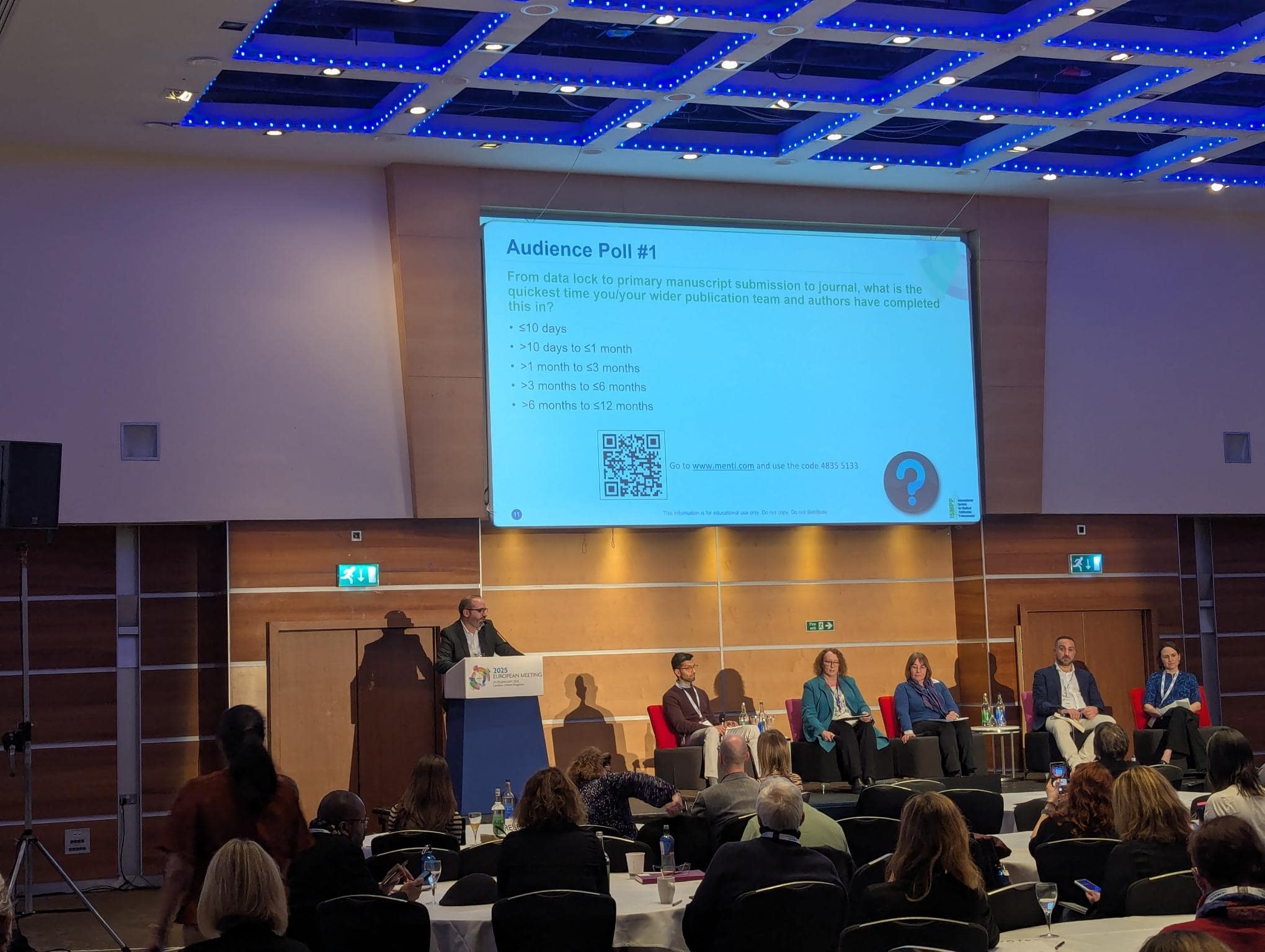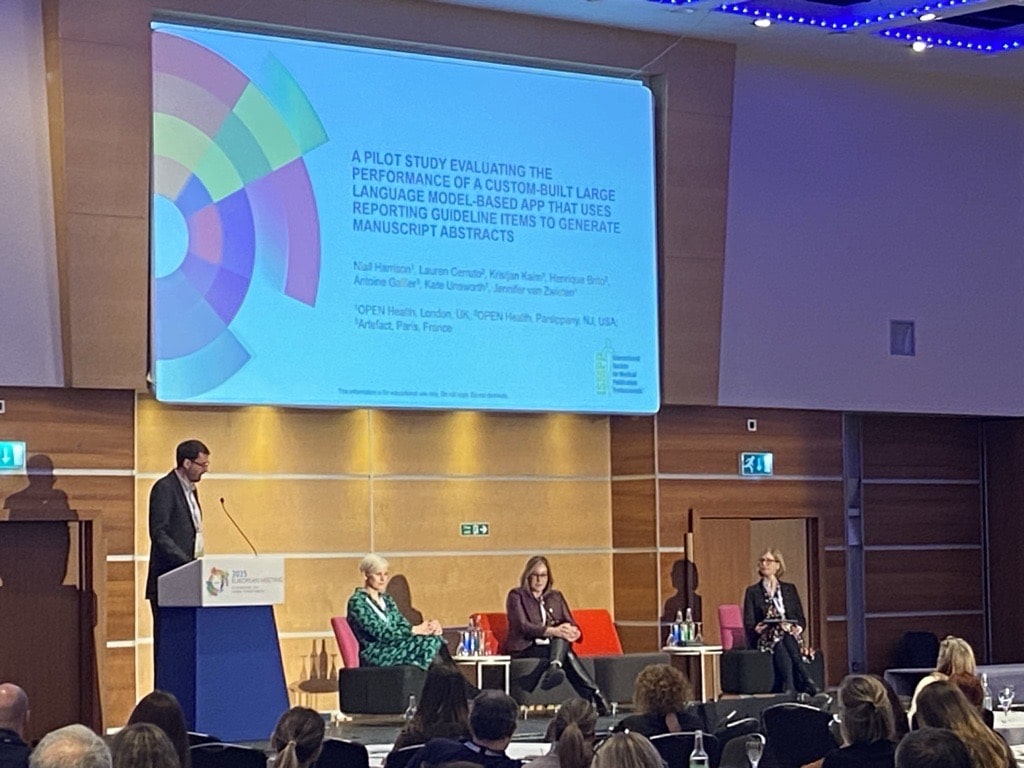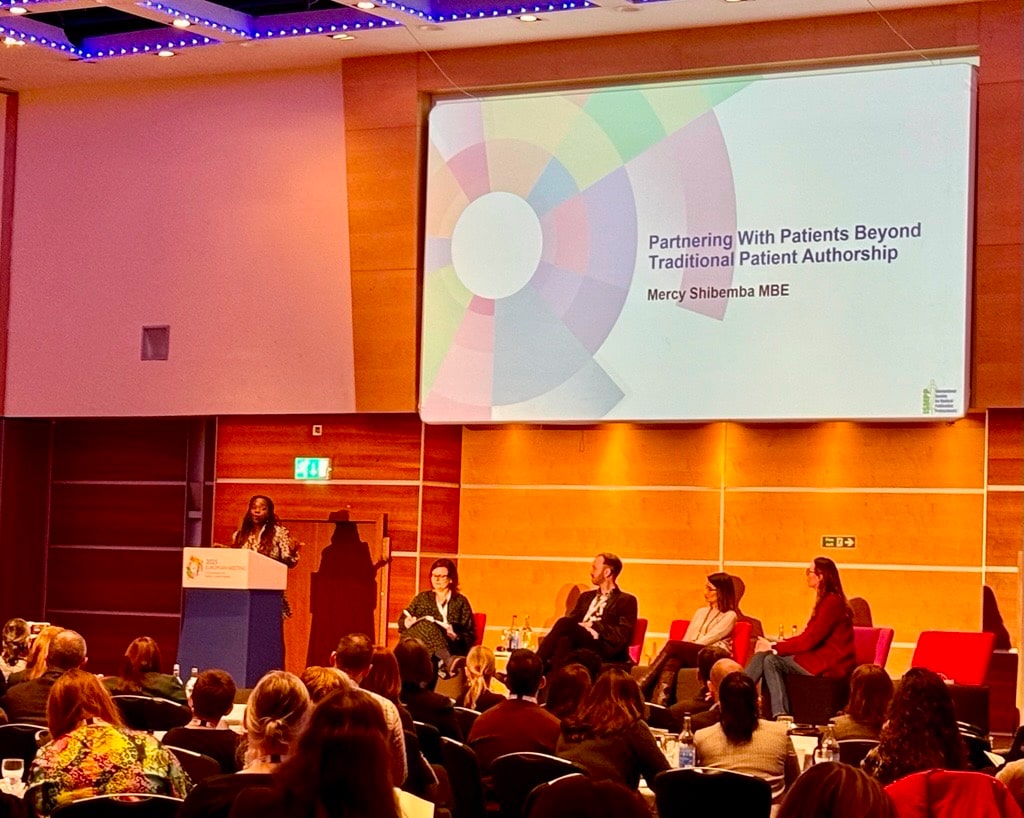Insights / Articles
ISMPP EU 2025 Highlights: Key takeaways from OPEN Health
Written by Emily Clark, Pallavi Patel, and Silvia Pregnolato on Tuesday, February 11, 2025
Core values for an integrated age: Integrity, transparency, and patient partnerships
While the emerging use of artificial intelligence (AI) in publications was by far the hottest topic at ISMPP EU 2025, held in London on January 27–29, other themes that featured heavily in discussions included upholding ethics and adapting processes in our changing world, embracing new publication formats to support more inclusive communication, involving patients in more meaningful ways, and the future of Good Publication Practice (GPP) guidelines.
Here, we share highlights from the sessions and showcase OPEN Health’s contributions.
AI revolution
Publications professionals are experimenting with generative AI tools with curiosity and caution
The topic of AI dominated discussions throughout the meeting. Emerging uses of AI that are cautiously becoming more trusted, albeit not entirely so, include the use of large language models to summarize large quantities of background information and develop plain language summaries, and the use of AI tools to streamline processes.
Concerns still exist though, including on data security, research integrity, "hallucinations," bias in training data, inclusivity, and sustainability. To help overcome these concerns, speakers emphasized the importance of human review, well-structured prompts, model training, and appropriate disclosures.
Despite the high interest in AI, a live audience poll revealed limited day-to-day use of AI tools beyond early experimentation, highlighting the need for ongoing knowledge sharing and collaboration.
Conspectus – A custom-built AI app for generating abstracts using reporting guidelines
OPEN Health’s Niall Harrison presented the results of a pilot study of Conspectus, a custom-built AI app designed to generate manuscript abstracts using established reporting guidelines.
Experienced medical writers and scientific directors reviewed abstracts generated by Conspectus from published articles, with most finding the abstracts to be correctly structured and largely accurate. The app's performance in live projects will be the next area of exploration, and further work is planned to enhance its already highly rated usability and customize prompts.

Click to hear Niall Harrison’s insights
Upholding ethics
Compliance considerations remained top of mind, particularly during discussions on AI, social media and patient leadership
In keeping with this year’s theme, discussions on ethics highlighted that challenges navigating compliance and industry guidelines can sometimes hinder progress.
For example, while many strongly supported involving patients in leadership roles at scientific congresses so patients can help “set the agenda,” a live poll revealed that 72% of the audience viewed “compliance and regulatory reasons” as the main barrier to such involvement. Overcoming perceived compliance barriers was flagged as being crucial for increasing patient involvement.
Conversations about the ethical implications of using AI in publications stressed the need for transparency and disclosing the use of AI per journal guidance. While AI’s evolving role in scientific publications offers many possibilities, guidance tends to consider it a tool, not an author, as AI cannot take accountability for content it develops.
Use of social media in an integrated age
OPEN Health’s Brian Jepson co-led roundtable sessions that explored best practice regarding how to share publication-related social media content compliantly. Despite its potential to aid communication and collaboration, social media remains underutilized by publications professionals. This is because regulations and compliance challenges are diverse, and current GPP 2022 guidance is vague, going no further than advising consultation with experts familiar with applicable regulatory frameworks.
Recommendations from the roundtables included creating clearer guidance for social media communications on publications, including social media content in the publication review process, a patient badge of approval, and enhancing patient education to improve understanding of medical information shared on social media.

Click to hear Brian Jepson’s insights
Progressive processes
Rapid publications should be the exception, not the norm
AI was consistently identified as the main disruptor during discussions on how best to develop publications and run congresses, who to involve, and why. While there was a tangible but somewhat unspoken concern about whether AI will take our jobs, at least to some extent, everyone agreed we are not there yet, with AI characterized right now as being like a “toddler.”
For example, an illuminating AI-generated video shared to highlight authors’ attitudes to integrating AI in publication development featured unconvincing avatars that were so comically removed from looking anything like a deep fake that no one could ever mistake them as real humans. Nevertheless, the points of view put forward by the avatars resonated. An audience poll revealed many authors are likely to feel wary of involving AI, with deep concerns about accuracy and ethics, while others are cautiously committed to its ethical integration.
Sustaining publication quality in a fast-paced world
OPEN Health’s Demetrios Michael moderated a panel discussion on the collective approach needed to keep the quality of publications high despite a significant acceleration in the speed of dissemination of some pivotal clinical trial data, with the typical 6-month timeline sometimes being reduced to just 1 month, or even a single weekend. OPEN Health’s Karen King provided the agency perspective in this panel, alongside representatives from the pharmaceutical and publishing industries.
Due to the significant planning and resources required, the panel agreed such rapid publications are appropriate in few scenarios only, such as when communicating research findings that will result in a paradigm shift in clinical practice. Suggested best practices included intensive upfront planning; developing a shell draft before data readout; and an expedited, compliant author review process, with an expectation of strict adherence to deadlines.

Click to hear Demetrios Michael’s insights
Diversifying formats
Innovative formats can help make information on scientific research accessible and suitable for all
Multiple discussions explored how diversification of the format of publications is helping reach wider audiences with content that is better suited to individuals’ needs.
During a vibrant balloon debate, most attendees either reaffirmed the central role of traditional scientific manuscripts in modern publishing or supported a shift toward plain language summary publications as the primary format. Support for other formats, such as video explainers and audio summaries was also high, with each having its own advantages and trade-offs.
A more futuristic suggestion on reaching diverse audiences inclusively was that readers may one day be able to access responsive content they can transform and personalize, at the push of a button, to formats tailored to their own needs and preferences.
Crafting scientific narratives tailored for audiences and personas
OPEN Health’s Emma Winter co-led lively roundtable sessions on tailoring scientific narratives to specific audiences. Participants agreed planning is key, with insights on what is important to each audience informing adaptation of content, and audience preferences guiding selection of the most appropriate channels.
The group highlighted that ensuring close collaboration between publications teams, internal compliance colleagues, and publishers is important to understand the most appropriate way to share information with audiences. Relying on content views and downloads as measures of success was cautioned against, as bots are making these metrics increasingly unreliable. Instead, focusing on measuring changes in clinical practice, supported by AI-driven sentiment analysis and medical science liaison assessments, was recommended.

Click to hear Emma Winter’s insights
Patient power
Calls for ever more meaningful patient involvement in publications and congresses echoed through the presentations
The importance of partnering with patients throughout the medical publication process – involving patients, for example, as authors, peer reviewers, and co-creators – was a key theme of ISMPP EU 2025.
Recommendations about involving and empowering patients included moving beyond tokenism by involving patients in leadership roles, improving industry and agency collaboration with patients, and engaging patients from the very beginning of the development process and throughout. Speakers also explored the need for transparent compensation schemes for patient authors, ways to provide them with tailored support as they join what can be an unfamiliar environment and process, and education of other authors (including those with medical and scientific backgrounds) on how to collaborate with patients as equal partners.
Discussions highlighted that, by fostering a more inclusive and supportive structure that enables patients to contribute meaningfully, publications professionals can ensure that patients' voices are heard and their lived experiences authentically represented, leading to more impactful and credible medical publications.
Elevating patient voices
A quote that succinctly encapsulates the repeated demands for deeper and wider involvement of patients:
• “Empowerment begins when we stop inviting patients to join and start asking them to lead”
A flavor of the varying perspectives shared during the meeting:
• “It is important to have someone to steer and navigate you through the [authorship] process…it can be quite traumatic”
An industry perspective:
• To help overcome challenges faced by patients during the publication process, “the value of medical publication agencies can’t be underestimated”
A publisher’s perspective:
• “Our patient partnership strategy looked at how to involve patients across the journal, from patient involvement in the peer review process and the editorial board panel, to encouraging patient authorship and acknowledgment from submitters on how they involved patients in their research”
GPP future
Pivotal discussions sparked collective innovation to inform the next iteration of GPP
OPEN Health’s Marc Swift moderated ISMPP EU 2025’s hackathon. Teams discussed hot topics to inform how to enshrine best practice within GPP guidelines in our ever-changing world. Proposals to be considered in the future included the following:
- AI: Establish guiding principles on the use of AI to futureproof GPP, including guidelines on overcoming inherent biases
- Metrics: Include and classify metrics so impact can be evaluated in the short, medium, and long term
- Enhanced patient involvement: Ensure patients are fully informed on expectations for authorship, including by developing frequently asked questions (FAQs)
- Real-world evidence: Recognize its value and encourage its incorporation into integrated evidence-generation plans
- Diversity, equity, and inclusion (DEI): Create a checklist for proactive DEI advocacy during publications development
- Social media: Encourage compliant social media use to boost data accessibility
Your voice heard!
Everything from specific tweaks in wording and language, to establishing new overarching principles was proposed during the hackathon. Patients, pharmaceutical companies, publishers, and agencies were all represented, and their voices heard.
Every contribution made during the hackathon will be put to good use to help the next iteration of GPP adapt to the rapid evolution in publications thinking and many new opportunities:
“What are we going to do with the input? We are collating the feedback from all the tables and this will be discussed with the authors of GPP 2022 to consider for updated guidance”
Click to hear Marc Swift’s insights

Conclusion
Many, varied, thought-provoking discussions at ISMPP EU 2025 emphasized the importance of maintaining core values within an evolving professional landscape, highlighting in particular the potential, but as yet largely untapped, impact of AI in publications.
By embracing these values and the insights shared, we can enhance the relevance and impact of medical publications while maintaining integrity and transparency, and fostering meaningful involvement of patients.
This approach will help us successfully navigate the future of medical communications.
Meet the team
OPEN Health looks forward to seeing you at the 21st Annual Meeting of ISMPP on May 12–14, 2025, in Washington, DC, USA, with the theme “Diversity and Innovation: In Concert.”
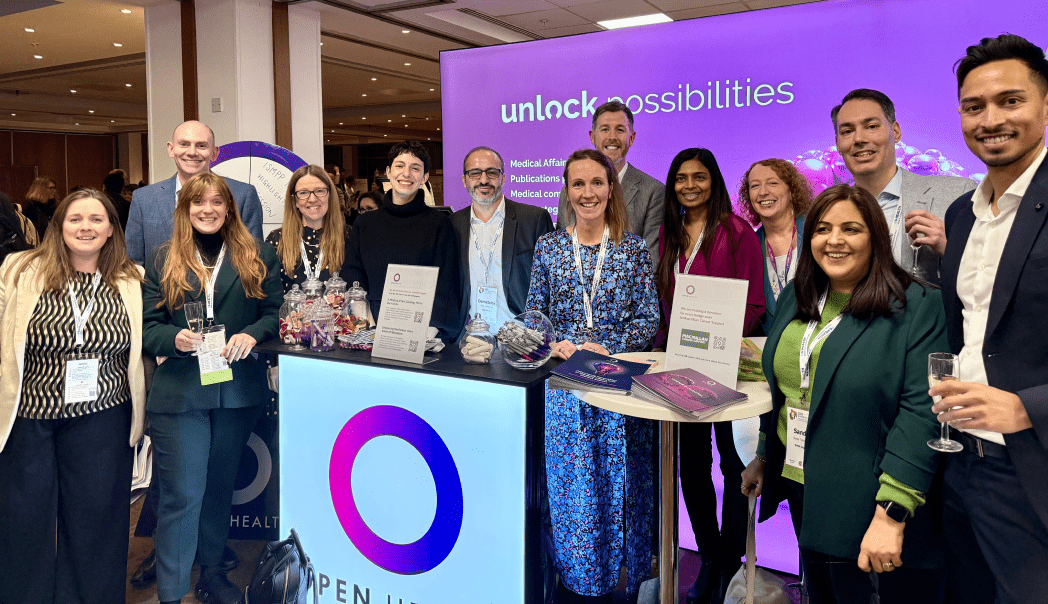
Working in partnership with our clients, we embrace our different perspectives and strengths to deliver fresh thinking and solutions that make a difference.
Together we can unlock possibilities.
For information about OPEN Health’s services and how we could support you, please get in touch.
Contact UsPicture Gallery

